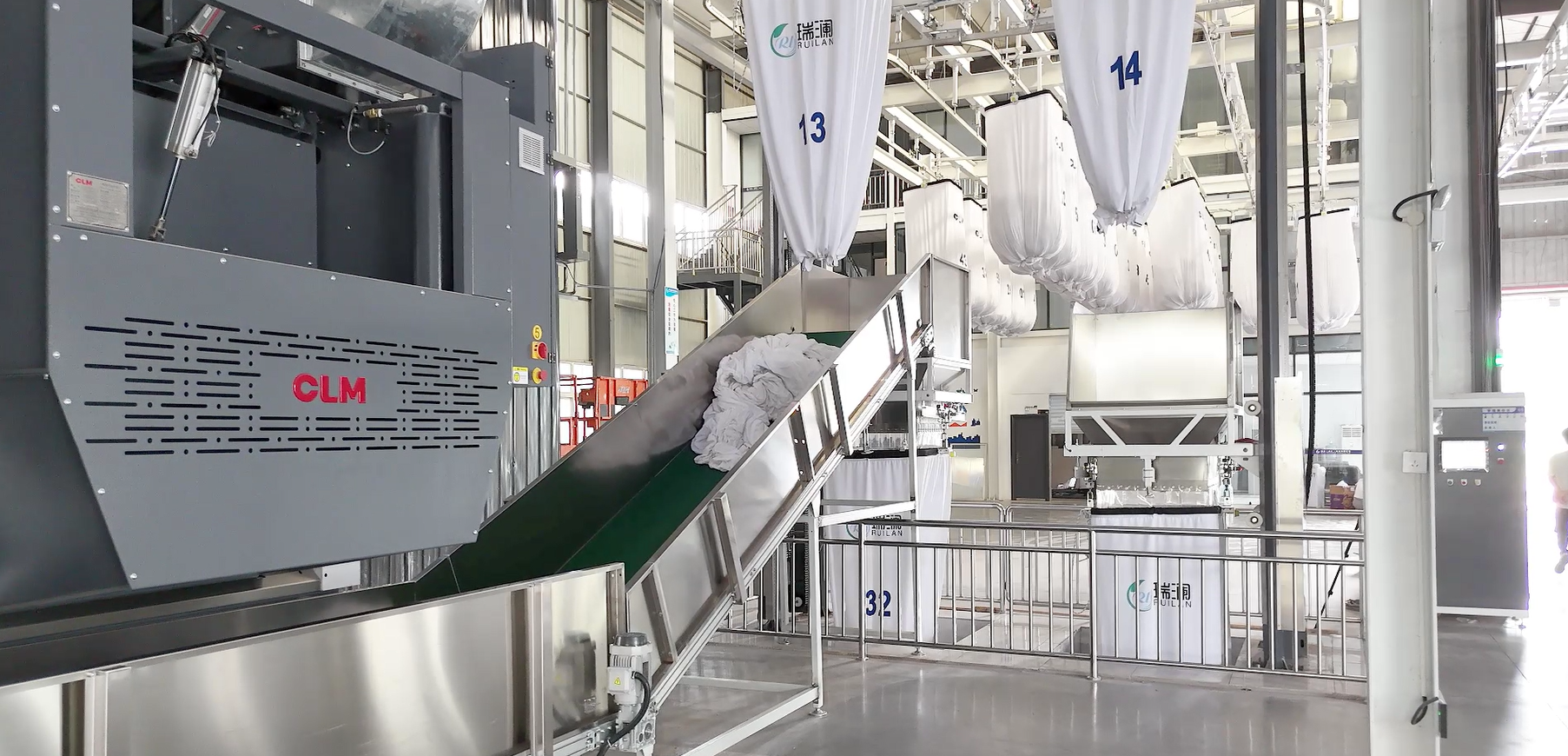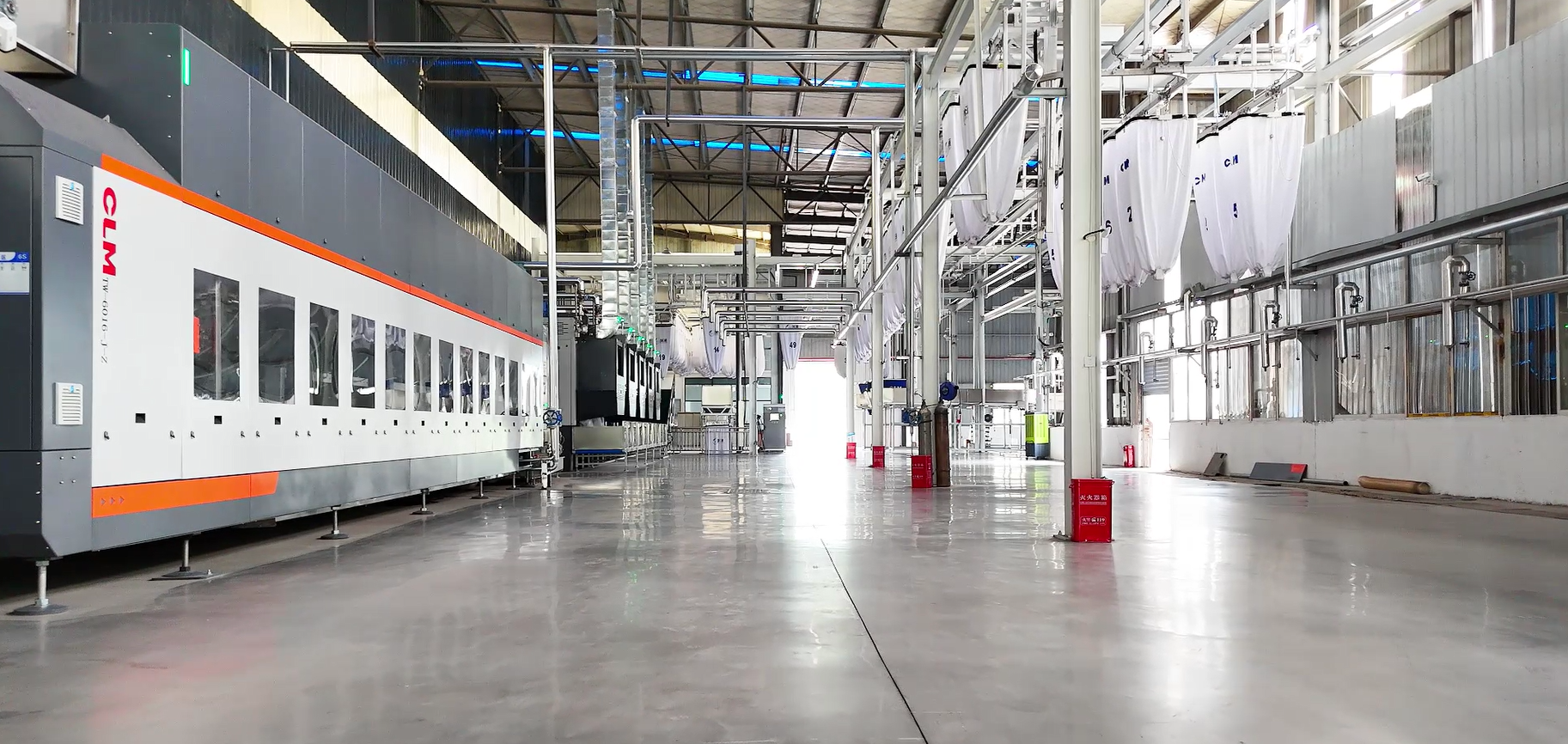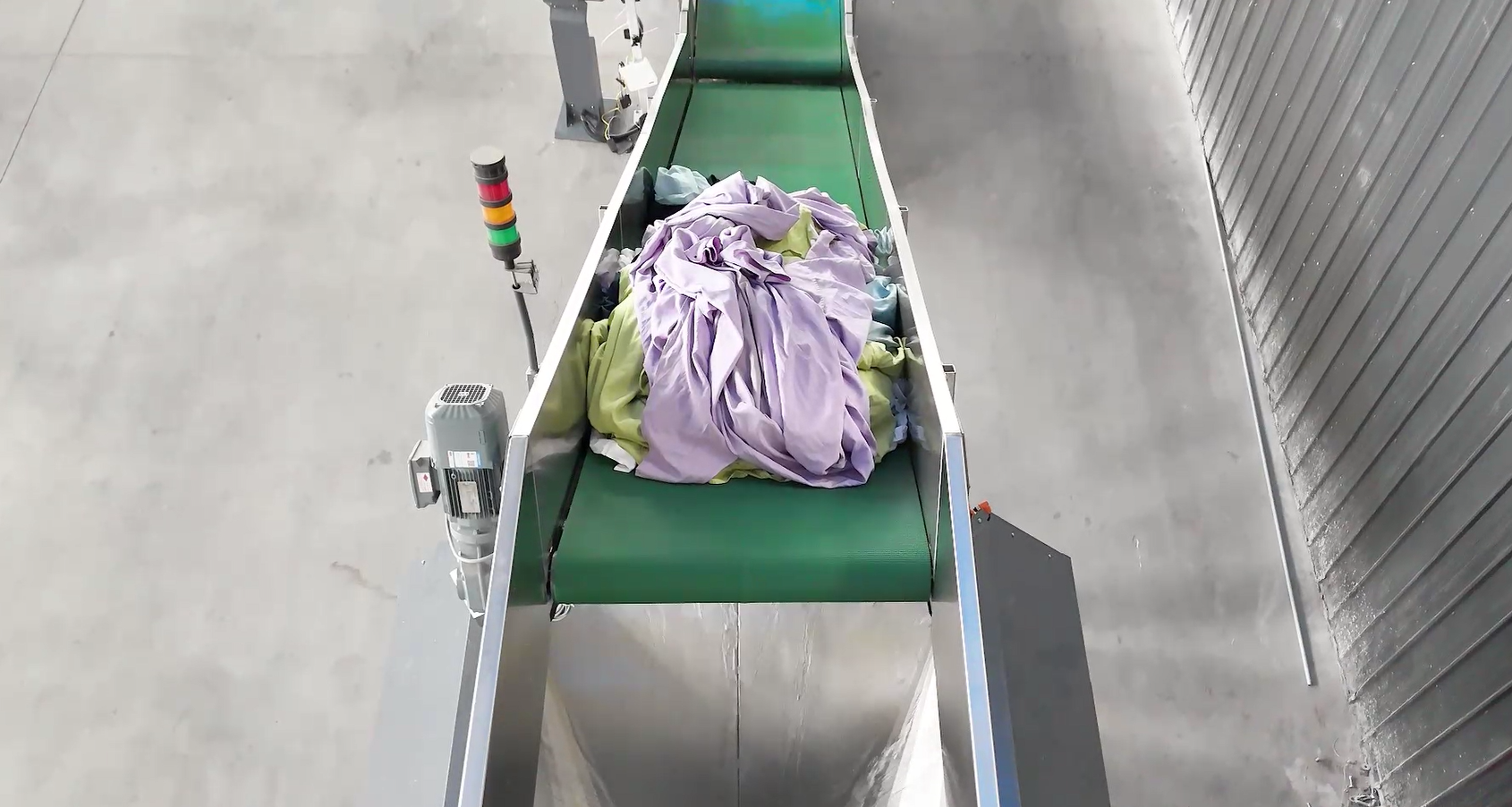In the industrial laundry industry, it is not easy to achieve the best washing performance. It not only needs advanced technology and equipment but also requires us to pay more attention to many fundamental factors.
The factors affecting the quality and efficiency of washing are as follows.
Imprecise Weighing
Precise weighing plays a key role in the industrial washing effect. Each wash cycle should be tailored precisely to the specific load being handled. If the washing is overloaded, the system may fail to effectively wash linens, resulting in poor washing quality. On the contrary, underloading will result in inefficient use of resources.
Only when people carefully weigh the linen and obey the recommended loading capacity can the washing be ensured to operate in the best range of specifications, increasing the efficiency of washing and the profits of operating.
Detergent Addition
Adding detergents is a key process that should not be underestimated and should be strictly controlled. The addition of detergents should be precisely measured to meet the required cleanliness and hygiene standards. If too many detergents are added, it will lead to chemical residue accumulation or even the damage of equipment and linen. Adding insufficient detergents will cause incomplete cleaning.
Proper calibration and regular maintenance of the chemical injection (dispensing) system are the keys to the precise conveying of detergents. As a result, a reliable detergent supplier matters.
Insufficient Time of Chemical Reaction
The time of chemical reaction is the period of time during which the cleaning agent and solution are fully functional before water injection or further treatment. It also can not be ignored. This often-forgotten factor has a significant impact on the effectiveness of the washing circle. Detergents need enough time to remove dirt and pollutants. If the time of chemical reaction is insufficient, the cleaning effect must fail to meet the standards. Strictly following the time of chemical reaction will help create a good opportunity for the detergents to show the expected functions so as to improve the overall efficiency of washing.
Lack of Operator Skills
The professional skills of a laundry operator are important in the laundry process. Though a laundry factory is equipped with high-end equipment and high-quality detergents, the washing effect still depends on operators’ proficiency and attention to detail. Experienced operators are familiar with the subtitles of the equipment and sharply know when to adjust the equipment. They can solve problems in time in case small problems turn into big trouble. They ensure every specification of operations meets the standards with their professional knowledge and adopt best practices to deal with abnormal conditions.
Poor Water Quality
The water quality is the basement of any successful laundry process. There are a lot of minerals like Calcium and magnesium in the hard water, which will severely damage the effectiveness of detergents. In the long run, it will cause fabric degradation.
In order to make the chemical material work normally, the total hardness of the washing water should not exceed 50 ppm (measured in calcium carbonate). If your laundry plant can control the hardness of the water at 40 ppm, it will have a better washing effect.
The Improper Temperature of Water
The water temperature plays an important role in the whole laundry process. Checking the heater and the set of temperatures regularly is important to maintain proper temperature in different washing circles. At the same time, attention should be paid to the costs of energy and the potential risks of high temperatures to textiles.
Abnormal mechanical action
The mechanical action is the physical action of textiles in the laundry process. It is indispensable for loosening and removing dirt from the textiles. Regular maintenance of laundry equipment, for example, calibration of the drum, inspection of bearings, and other operations, can effectively prevent mechanical failures that may negatively affect the washing process.
Improper Washing Time
The length of the washing circle is directly related to the laundry quality and lifespan of textiles. Extremely short washing circles may contribute to incomplete cleaning of linen. While extremely long washing circle will cause unnecessary wear and tear. As a result, the inspection of laundry procedures is necessary to ensure that the length of each cycle is optimized for linen texture, dirt level, loading capacity, etc.
Lack of Equipment Maintenance
Regular preventive maintenance is essential to avoid unplanned downtime and ensure optimal machine performance. This includes checking belt wear, ensuring seals are intact, and calibrating various sensors and controls.
In addition, timely investment in new technologies, such as automated distribution systems or intelligent, highly automated washing equipment, can also significantly improve quality and save costs over time.
Conclusion
When the quality and efficiency of washing decrease, we should focus on water hardness, water temperature, mechanical action, washing time, detergents, equipment, and other key sectors to investigate the root cause. On the road in the pursuit of excellent washing quality, every detail is related to success or failure.
Post time: Jan-01-2025




